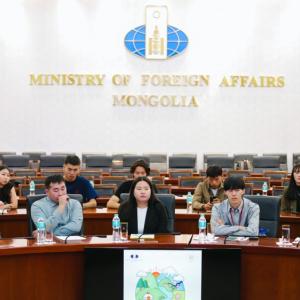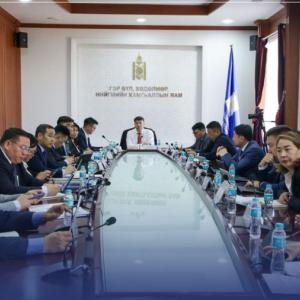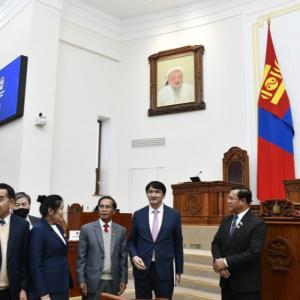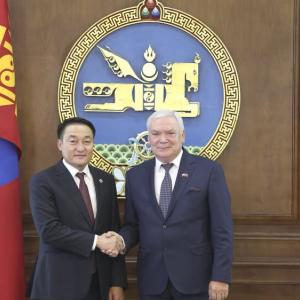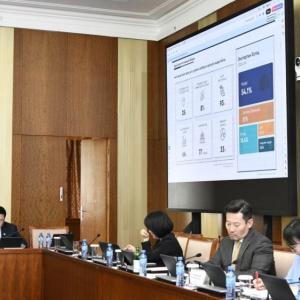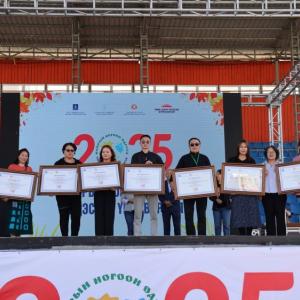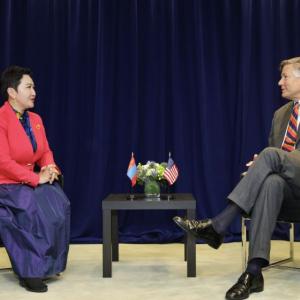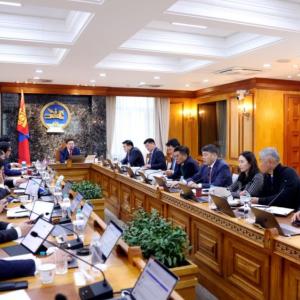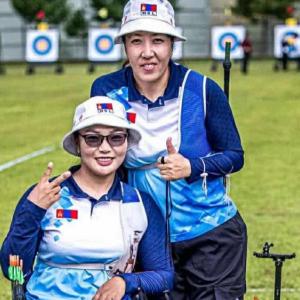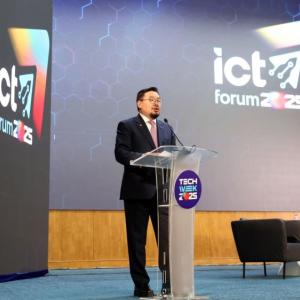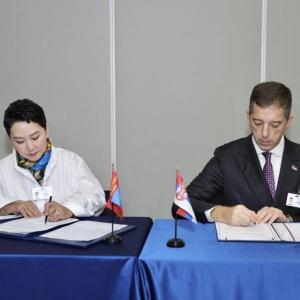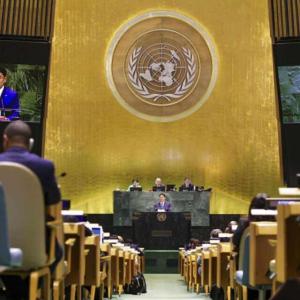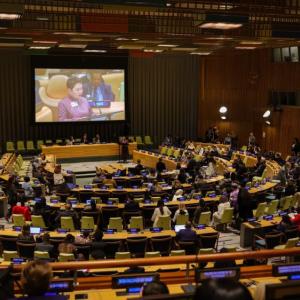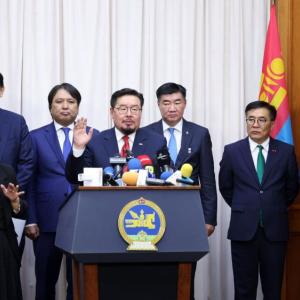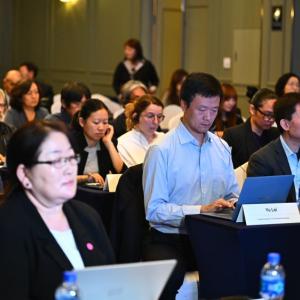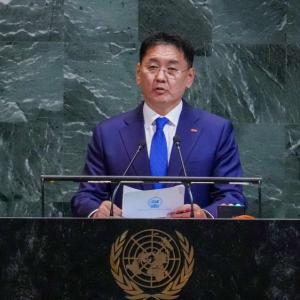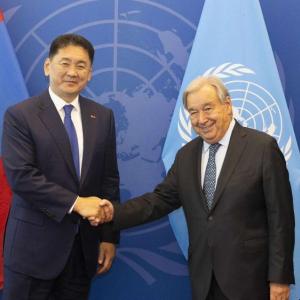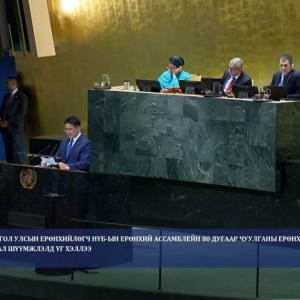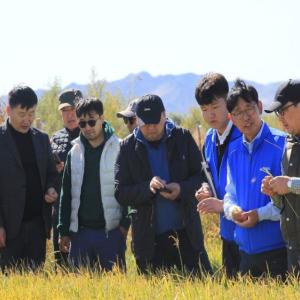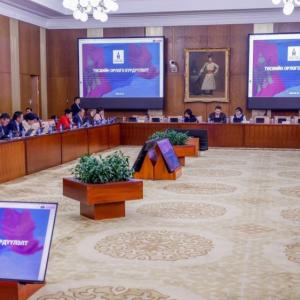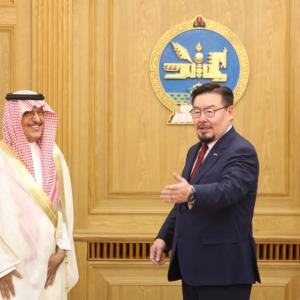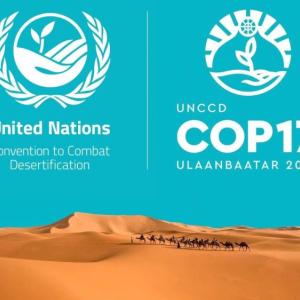Forging a partnership to combat gender-based violence in Mongolia
SocietyUlaanbaatar /MONTSAME/ In a ceremony of signing the contributions agreement on June 24, the Swiss Agency for Development and Cooperation (SDC) formalized a partnership with the United Nations Population Fund (UNFPA) to co-finance the project, “Combating Gender-Based Violence in Mongolia”. SDC has committed to contributing 4.3 million USD to the project, covering a 4 year duration, while UNFPA is financially contributing 853,000 USD, and the Government with in-kind contributions in the amount of 452,000 USD, bringing to the total project budget of around 5.6 million USD.
Present at the signing ceremony was Markus Waldvogel, Country Director of SDC in Mongolia and Naomi Kitahara, Representative, UNFPA. Also present was B. Batzorig, Head of the Public Administration and Management Department of the Ministry of Justice.
“With this project SDC is looking forward to strengthen its commitment toward gender equality mainstreaming and to become a main partner of Mongolia in the fight against gender based violence”, Daniel Valenghi, Head of Programme, SDC Mongolia.
Gender based violence (GBV) and particularly domestic violence (DV), is a serious and life-threatening human rights violation prevalent in Mongolia today. The Convention on the Elimination of all Forms of Discrimination Against Women (CEDAW) expressed concern “(At) the high prevalence of violence against women, in particular domestic and sexual violence, (and) at the lack of statistical information on violence against women.” According to the statistics of the General Police Authority, nearly 88.3% of victims of domestic violence are women, and 40% of them are young women aged 15-34, who are more unlikely to report. In addition, eighty people lost their lives, and 3,299 people were injured due to domestic violence in the last 5 years. In 2015, there were 1,356 cases of domestic violence registered and the number of domestic violence cases reported to the police increased by 26.0 percent from the same period of the previous years.”

The project aims to tackle GBV/DV in Mongolia by: 1) gathering data countrywide on the current state of GBV/DV and its root causes; 2) raising awareness of GBV/DV to help encourage a more sensitive public and responsive decision-makers; and 3) improving and expanding response mechanisms for survivors of GBV/DV.
The Project implementation partners include three Government Ministries, namely the Ministry of Justice, the Ministry of Population Development and Social Protection, and the Ministry of Health and Sports; Government agencies such as the National Registration Statistics Office, General Police Authority and the National Committee on Gender Equality; and partner NGOs.
While there have been legal advances in the country in recent years, including the criminalization of domestic violence as well as various improvements in the legal protection for victims reflecting the national commitment to address the issue, the project aims to provide the Mongolian government with technical and financial support necessary to meaningfully combat GBV/DV countrywide.
“This is an opportune time for Mongolia to seriously address GBV/DV as a human rights issue, and end cultural impunity, “ says UNFPA’s Naomi Kitahara, with reference to Mongolia’s recent election to the United Nations Human Rights Council. “The project will also further support Mongolia’s commitment to achieving the Sustainable Development Goals, specifically Goal 5, which is to achieve Gender Equality, and to meet the target for eliminating all forms of violence against women and girls by 2030.”
The project is also to support the implementation of the recommendations of the Universal Periodic Review for Mongolia as stated by the United Nations Human Rights Office of the High Commissioner, specifically: 1) To continue efforts to combat and protect victims of domestic violence and to ensure access to justice for victims; 2) To remove barriers in accessing legal remedies against domestic violence; and 3) To adopt the revised Law against Domestic Violence.

 Ulaanbaatar
Ulaanbaatar


